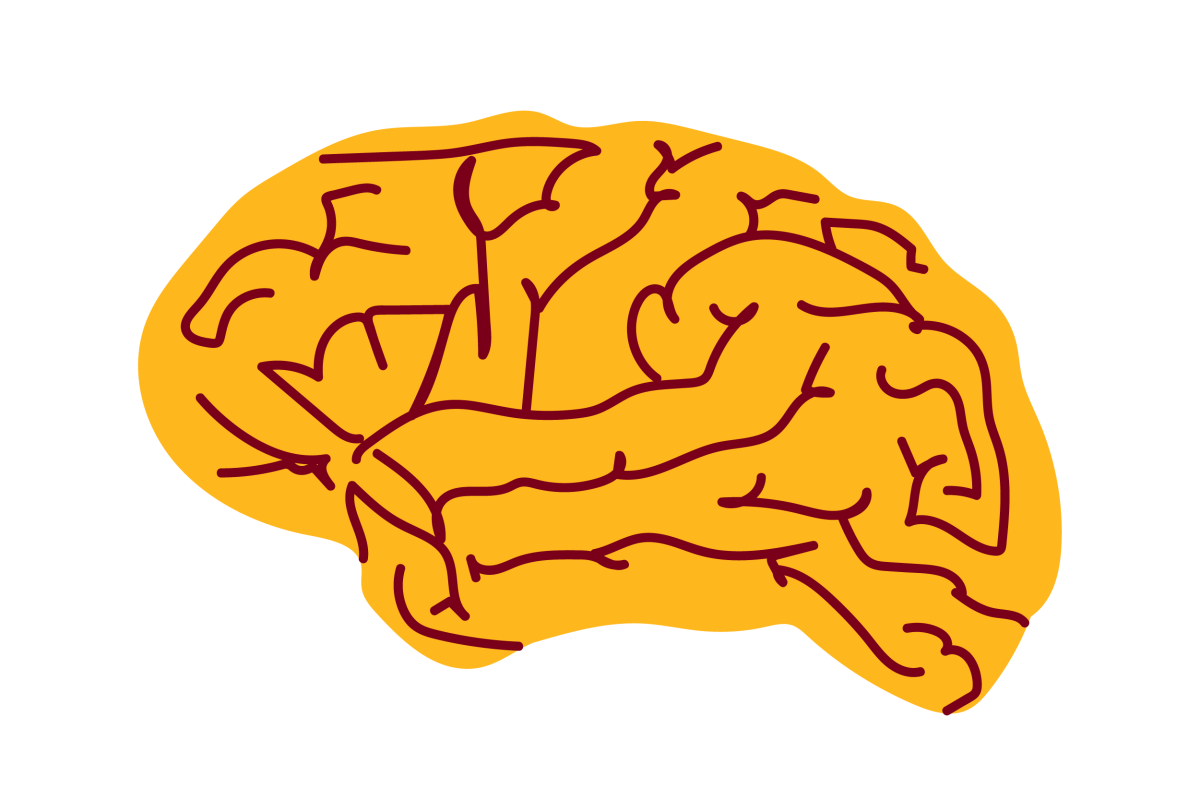3D-printed multifunctional materials enabled by artificial-intelligence-assisted fabrication technologies [journal]

Journal
Nature Reviews Materials - October 12, 2020
Authors
Zhijie Zhu, Daniel Wai Hou Ng, Hyun Soo Park (assistant professor), Michael C McAlpine
Abstract
The emerging capability to 3D print a diverse palette of functional inks will enable the mass democratization of patient-specific wearable devices and smart biomedical implants for applications such as health monitoring and regenerative biomedicines. These personalized wearables could be fabricated via ex situ printing, which involves first printing a design on a planar substrate and then deploying it to the target surface. However, this can result in a geometrically and dynamically mismatched interface between printed materials and target surfaces. In situ printing provides a potential remedy by directly printing 3D constructs on the target surfaces. This new manufacturing procedure requires the assistance of artificial intelligence (AI) to sense, adapt and predict the state of the printing environment, such as a dynamically morphing organ. In this Review, we discuss electronic and biological inks for in situ 3D printing, AI-empowered 3D-printing approaches with open-loop, closed-loop and predictive control, and recent developments in surgical robotics and AI that could be integrated in future 3D-printing approaches. We anticipate that this convergence of AI, 3D printing, functional materials and personalized biomedical devices will lead to a compelling future for smart manufacturing.
Link to full paper
Keywords
3D printing, artificial intelligence (AI)